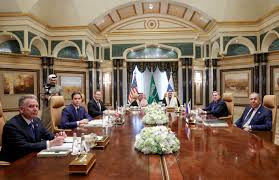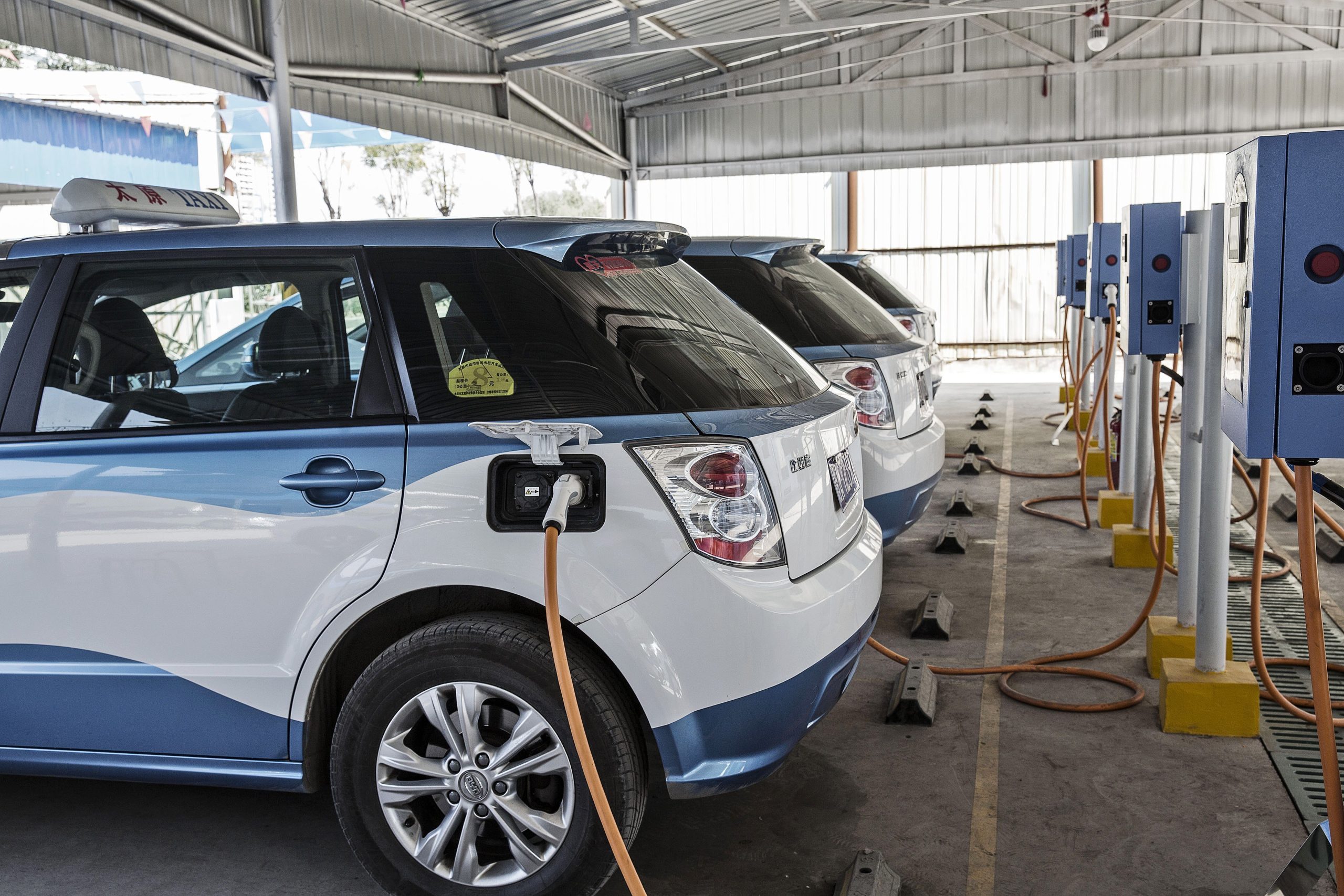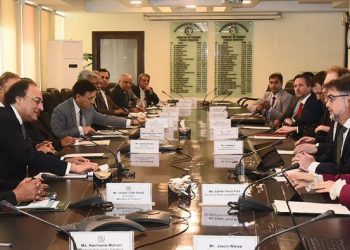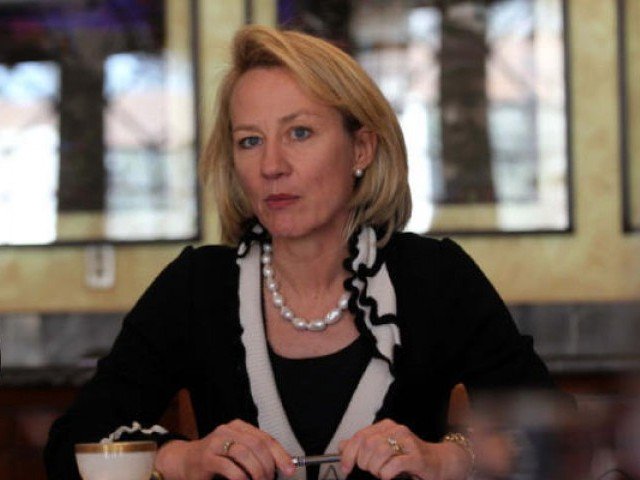As protests continue over sky-high electricity bills, the National Electric Power Regulatory Authority (Nepra) on Friday allowed the power distribution companies to charge Rs1.46 per unit on account of fuel charges adjustment (FCA) to consumers for the month of July in the bills they would get this month.
The regulator said that the decision was taken under Section 31(7) of the Regulation of Generation, Transmission and Distribution of Electric Power Act, 1997 as amended through the Regulation of Generation, Transmission and Distribution of Electric Power (Amendment) Act 2011.
The FCA will be applicable to “all the consumer categories except Electric Vehicle Charging Stations (EVCS) and lifeline consumers”.
“The said adjustment shall be shown separately in the consumers’ bills on the basis of units billed to the consumers in the month of July 2023. XWDISCOs shall reflect the fuel charges adjustment in respect of July 2023 in the billing month of September 2023,” said the NEPRA notification.
Last week, Nepra had highlighted that costly imported coal inventory held by coal-based power plants, especially the Sahiwal coal power plant, along with system limitations such as the HVDC transmission line’s inability to fully transport cost-effective power from southern generators, were imposing a significant financial burden on power consumers.
The latest rise in the power tariff comes as consumers are already burdened by record inflation and high fuel and electricity prices.
With nationwide protests sparked by escalating electricity bills stemming from increased electricity costs, consumers should anticipate a cumulative burden of Rs24.76 billion in their September 2023 bills as over 14 billion units were sold in July.
Following continuous protests by citizens and traders, who have taken to the streets against the exorbitant hikes in power bills and addition of taxes, caretaker Prime Minister Anwaar-ul-Haq Kakar-led setup in Islamabad has been trying to woo the International Monetary Fund (IMF) to agree to provide immediate relief for electricity consumers in the cash-strapped country, where people are already battered by skyrocketing inflation.
It is important to note that the South Asian nation is under an IMF programme and any relief or subsidy is subject to its approval.
Both sides have been engaged in intense talks as people took to the streets to protest the inflated power bills.
A day earlier sources had told Geo News that following intense talks the IMF greenlit the relief proposal for consumers using up to 200 units, allowing the authorities to collect electricity bills in installments.
“The final approval to collect bills in installments will be taken from the federal cabinet,” the sources said, adding that about 4 million electricity consumers are likely to get temporary relief from this initiative.
However, the interim government’s plan to provide relief to those consuming up to 400 units of electricity per month was rejected by the Fund, the sources said, adding 32 million consumers could have benefited had this proposal been approved.
They added that the Washington-based lender had emphasised the need to crack down on electricity and gas thieves and improve recovery.
Moreover, the sources said that the Fund had also demanded an increase of 45 to 50% in gas tariff from July 1. However, the hike in gas tariff is subject to the approval of the federal cabinet.















































